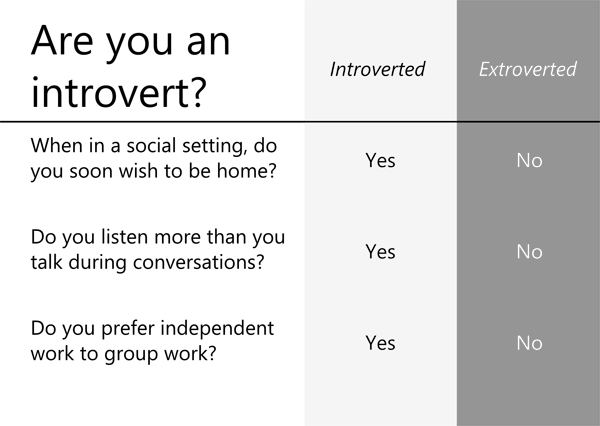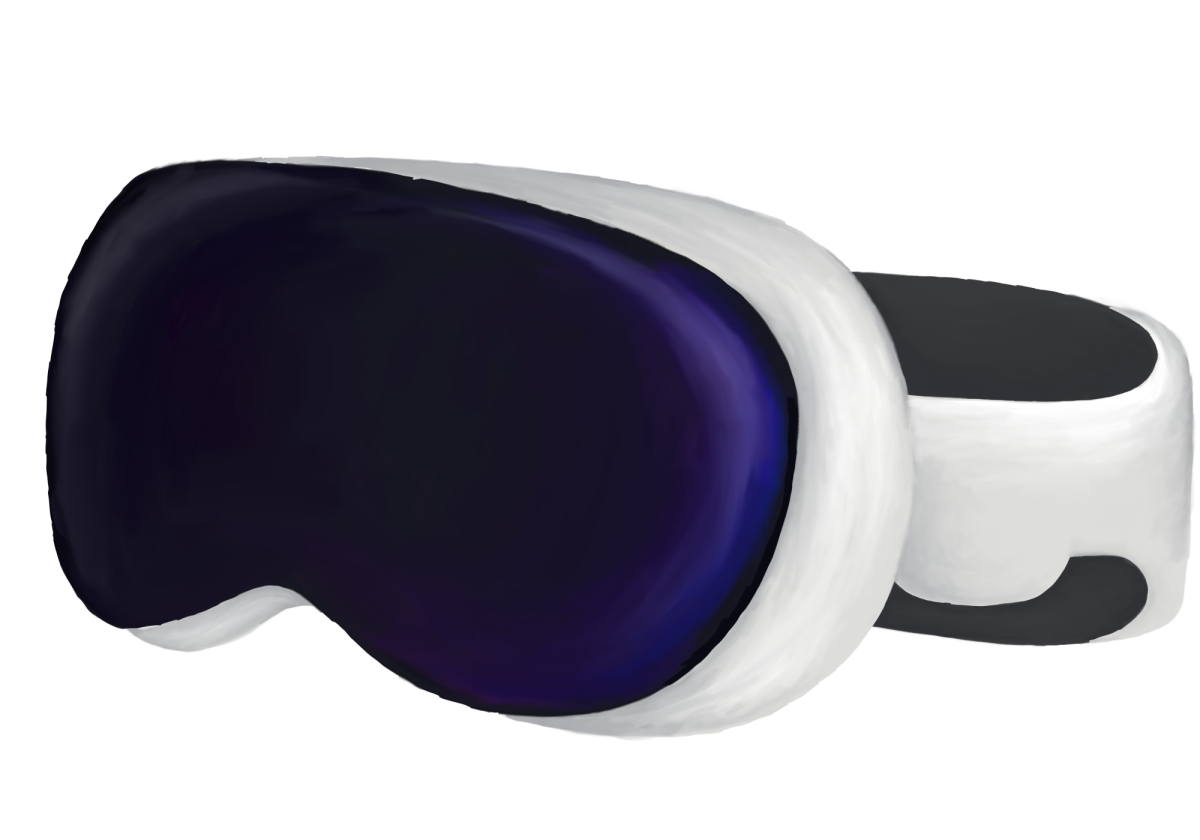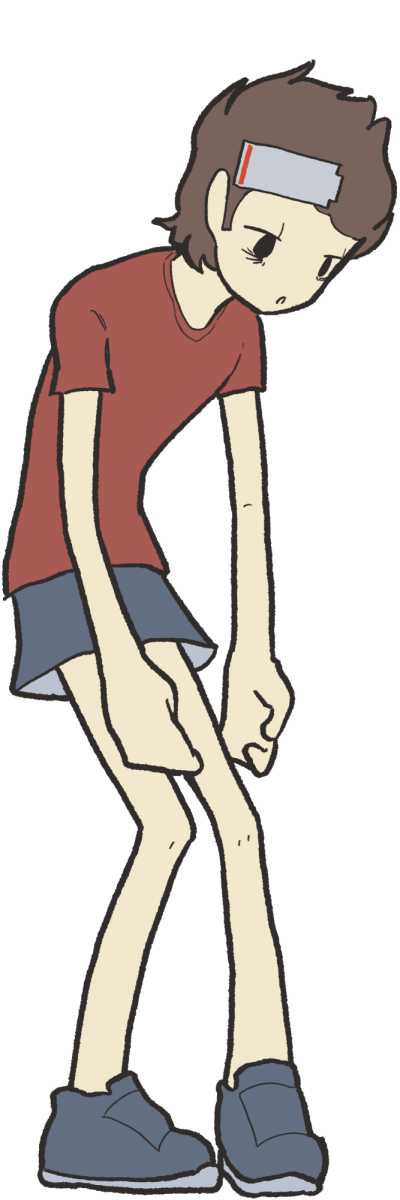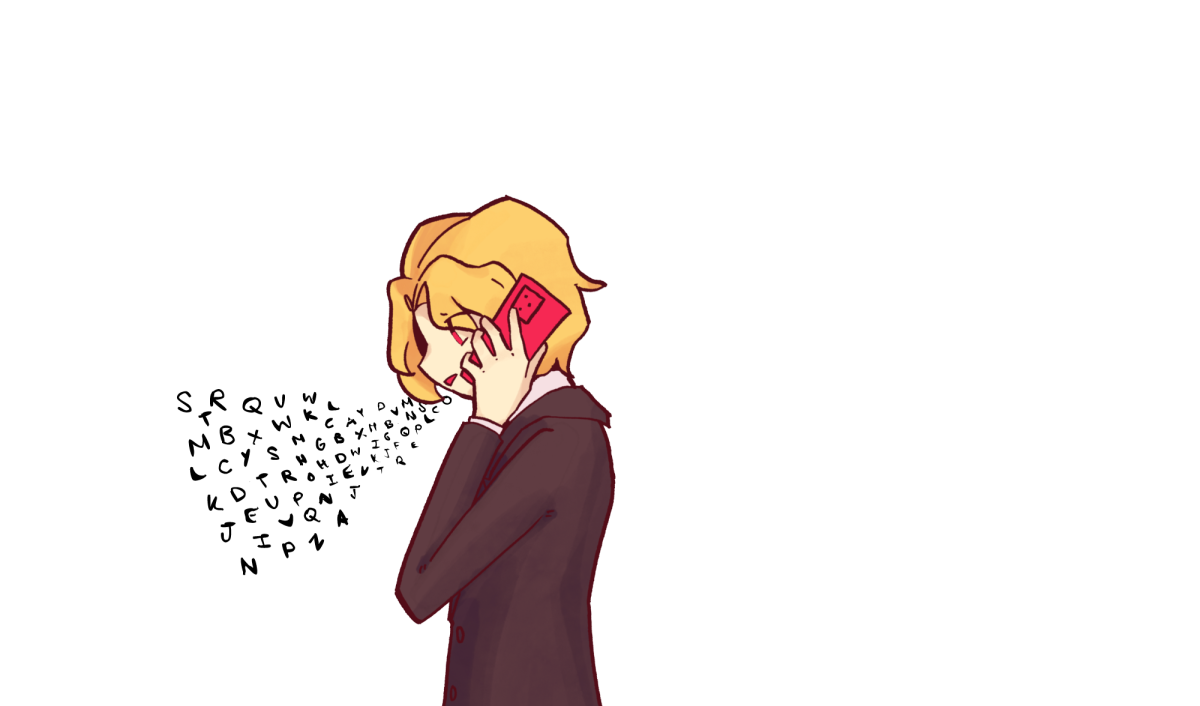When I tell people that I’m an introvert, they usually nod their heads and say something like, “Oh, that’s why you’re so quiet.” As I found out that many people immediately associate introverts with being quiet, shy or even anti-social, I now find myself hesitant to say that I’m introverted.
The social norm sends a message that being extroverted is better than being introverted. Growing up, I often felt like being introverted was wrong or bad because people, including teachers and peers, always told me to speak up more or to be more outgoing. I have tried to “break out of the shell” of my introversion by forcing myself to talk more in front of others and joke around more, but whenever I did, I felt like I was forcing myself into a dress that wouldn’t fit me.
It seems to me that extroversion is preferred over introversion because of the existing misconceptions on introverts. According to Susan Cain, author of Quiet: The Power of Introverts in a World That Can’t Stop Talking, about one-third to half of the population are introverts. If, at most, close to half of the entire population are introverts, a better understanding of introversion is crucial for both introverts and extroverts.
According to Sejal Schullo, AP Psychology teacher, personality theorists say that the traits of introverts and extroverts are pretty stable over time and space.
I realized this through my attempts to become an extrovert. I tried hanging out with friends who were more outgoing and tried to become more chatty, but it didn’t work out. Then I realized that it would be much better to find and look at the good in my introversion rather than forcing the smaller percent of extroversion in me to become dominant.
Oftentimes, introverts are considered to be shy people who do not enjoy interacting with others, and those ideas usually translate to negative beliefs about introversion.
Contrary to these ideas, Cain, in one of her speeches from TED Talk, said that introversion is different from shyness, which is a fear of social judgement. According to her, introversion has more to do with how people respond to stimulations.
Cain, in her book, wrote, “Introverts may have strong social skills and enjoy parties and business meetings, but after a while wish they were home in their pajamas. They prefer to devote their social energies to close friends, colleagues and family. They listen more than they talk, think before they speak, and often feel as if they express themselves better in writing than in conversation. Many have a horror of small talk, but enjoy deep discussions.”
Unlike extroverts who enjoy having a high level of stimulation, I feel more comfortable and capable in a quieter place. It’s just a difference between which environment you prefer. It shouldn’t be a question about which one is better.
In a world where group work is heavily encouraged and people are asked to develop stronger traits as leaders, I often felt that extroversion was becoming a necessity. Although I do see value in cooperating with others and developing strong leadership qualities, I believe a better balance between the acknowledgement of introversion and extroversion is needed.
Introverts might prefer independent work at times, but that doesn’t mean they have nothing to contribute to the group. They do possess qualities that help create a better balance between introverts and extroverts.
According to Cain’s research, many psychologists found that creative people who are good at exchanging ideas and advancing ideas also have a very serious streak of introversion in them. She attributed the need of solitude in having creativity as the reason.
Darwin, Cain said, took long walks alone in the woods and emphatically turned down dinner party invitations. Theodor Geisel, better known as Dr. Seuss, dreamed up many of his amazing creations in a lonely bell tower office in the back of his house.
People all have different personality traits, and that makes each and every one of them special. I see introversion and extroversion as one kind of the many different terms that are used to describe certain traits. When both are understood and respected as they are, rather than being judged by appearing different than the other, more people will be able to be themselves and be free to do whatever makes them the most comfortable, capable and happy.










